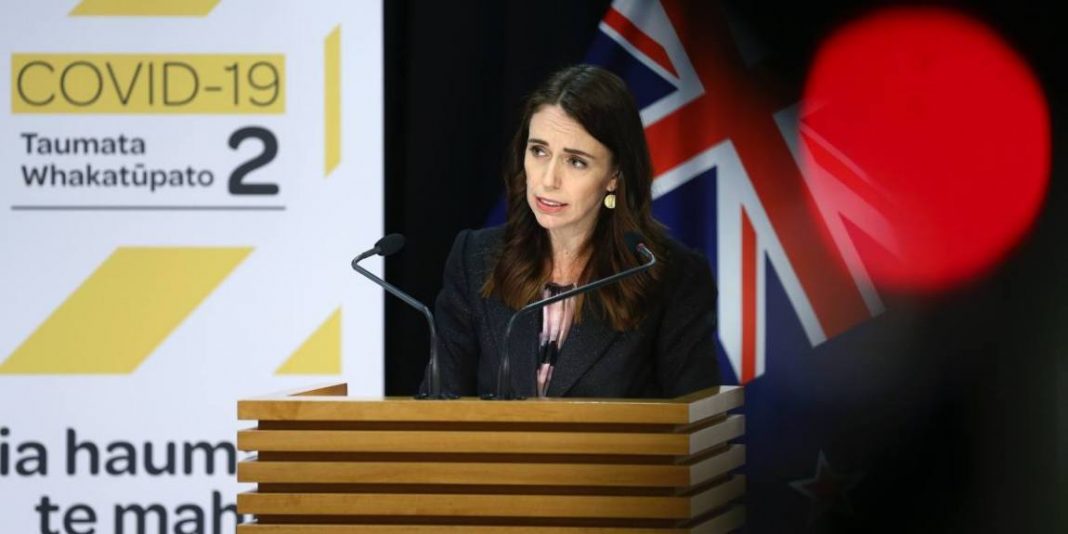The way the Government has managed New Zealand’s response to the Covid-19 pandemic has been remarkable. Not only has the health response been outstanding, but the communication has been clear and impactful enough to ensure the majority of New Zealanders have done what has been asked of them.
As of writing, the only known Covid-19 cases are among those in managed isolation as part of New Zealand’s border control process for Kiwis returning from overseas.
Many businesses are hurting due to the measures put in place by the Government to eliminate the virus – but the economic impact would likely have been at least as bad, and probably longer lasting, had New Zealand not taken the steps it has.
The learnings from New Zealand’s response to the virus make an ideal case study in effective crisis management and communications.
And they aren’t just applicable to Government. The learnings also apply to any business that’s looking to manage a crisis and preserve its brand and reputation.
Be decisive
Perhaps the largest factor in New Zealand’s success has been the Government’s decisiveness. In the early days of the Covid-19 outbreak in New Zealand, the Government moved swiftly, and often a few days before the weight of public opinion required it to do so. This was courageous and ultimately paid off by preventing the virus from gaining a lasting foothold in our community.
The lesson for businesses is that acting early and decisively can be the difference between a great response, and one that will see you on the front page of the newspaper or the 6pm news, for all the wrong reasons.
If you get it right, making a decision early can minimise the impact of a crisis and enable you to shape the narrative. Waiting to see what others are doing before you act can result in missing your opportunity to play a leadership role.
Keep in mind that you should never confuse decisiveness with stubbornness. A good crisis management approach needs to be flexible enough to shift direction if fresh information comes to light or the situation changes.
When it became clear that Covid-19 was under control and community transmission was not occurring during Alert Level 2, the Government moved quickly down to Alert Level 1.
Be accountable
While the government’s response to Covid-19 has been good, it hasn’t been flawless. When two New Zealanders who had recently returned from overseas were granted compassionate leave to visit their dying mother before undergoing a Covid-19 test – a furore broke out. Both were found to have the virus and New Zealanders worried that their drive from Auckland to Wellington for the visit might have unleashed the virus back into the community.
This was a clear misstep and breach of process, but the reputational damage was minimised by early apologies from Prime Minister Jacinda Ardern and Director-General of Health Dr Ashley Bloomfield.
This was coupled with quick action aimed at preventing recurrences, including suspending compassionate exemptions from quarantine, the enlistment of the military to oversee border security and the appointment of Housing Minister Megan Woods to provide ministerial oversight of isolation and quarantine operations.
Regardless of how much difference these actions made in practice, the “optics” were good. The public perception was that changes had quickly been put in place to ensure there were no systems failures in future.
Be consistent
Did you notice how many times Ardern repeated key messages during her daily 1pm briefings? She left little to interpretation and most of us were in no doubt about the situation after each of her presentations. In answering questions she stuck to the script and answered questions in ways that reiterated the key points she wanted to make.
In a crisis it’s vital to know the two of three key points you want to make in every communication – whether it is a press conference, media interview, staff update or even a social media post – and to bring all of your messaging back to those points to make sure they are reinforced.
Be real
Another key ingredient in the success of the Government’s response was its authenticity and personality. In responding to a crisis, it’s easy to rely purely on facts and figures in an attempt to communicate key information quickly. Sticking to the facts and avoiding speculation is important, but it can also appear robotic and lacking in empathy.
Ardern humanised the response by acknowledging the hardship people were facing throughout the weeks of Government restrictions and even adding a few touches of humour. This humour could be seen in her response to NZ Herald journalist Jason Walls, who forgot his line of questioning during one of the Government’s press conferences – “We’ll come back to you – no problem. I do worry about your sleep at the moment though, Jason”. It was also present in her “I did a little dance” comment upon hearing the news that the (then thought to be) final person carrying Covid-19 in New Zealand had been cleared of the virus on 7 June.
Touches like these can make a big difference in how people relate to your message on an emotional level. If people can relate to those delivering the message, they are more likely to listen. What’s more, they also tend to be more willing to forgive the odd mistake, if you do make any.
















